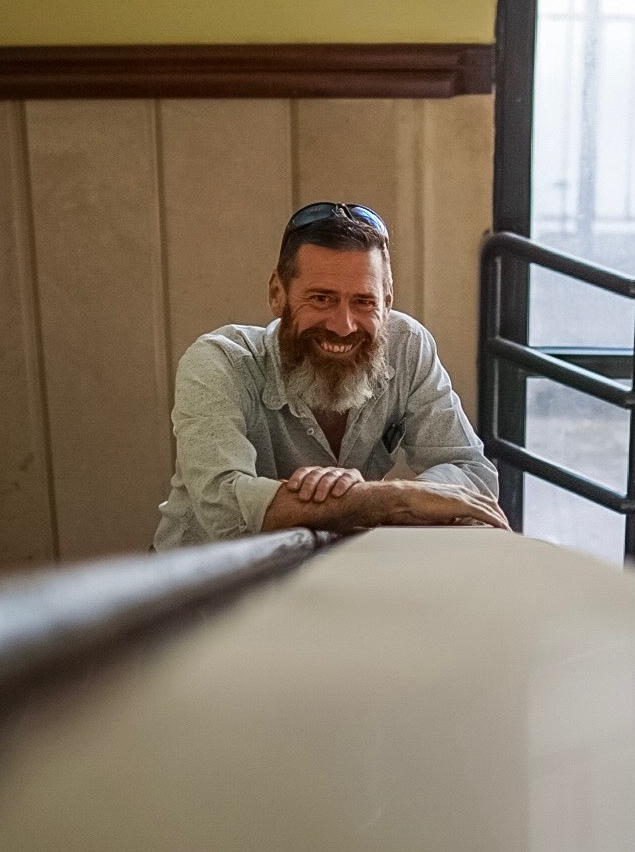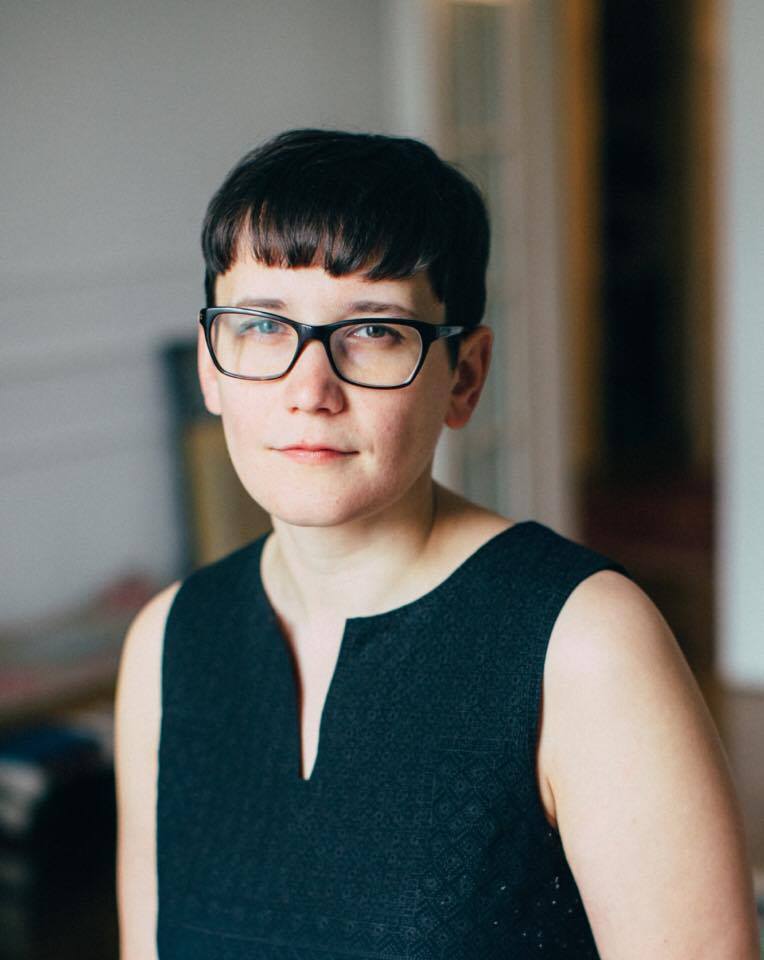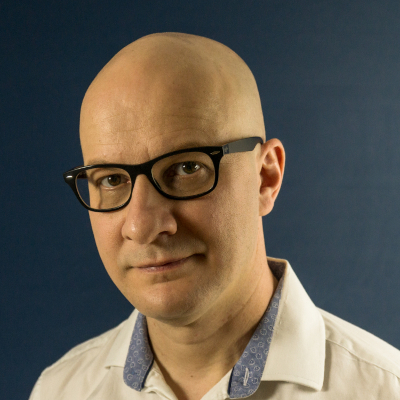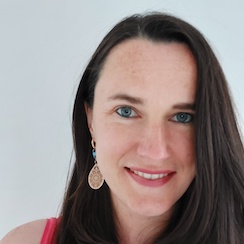Our Team:

Principal Investigator: Craig Vear
Biog Craig Vear is Professor of Music and Computer Science at the University of Nottingham split between music and the mixed reality lab. His research is naturally hybrid as he draws together the fields of music, digital performance, creative technologies, Artificial Intelligence, creativity, gaming, mixed reality and robotics. He has been engaged in practice-based research with emerging technologies for nearly three decades, and was editor for The Routledge International Handbook of Practice-Based Research, published in 2022. His recent monograph The Digital Score: creativity, musicianship and innovation, was published by Routledge in 2019, and he is Series Editor of Springer’s Cultural Computing Series. In 2021 he was awarded a €2Million ERC Consolidator Grant to continue to develop his Digital Score research.

Post-Doctoral Research Fellow: Embodied Music Cognition: Solomiya Moroz
Biog Solomiya Moroz is a Canadian-Ukrainian musician, composer and researcher, based in the UK. She has a PhD in music composition from the University of Huddersfield and a Master’s in Live Electronics from the Conservatory of Amsterdam. Her work tends to progress towards the expansion of music-specific media and the role of the musicians within them. Currently, she is working as a research fellow in embodied music cognition on the Digital Score project at the University of Nottingham. Recent premiers of her compositions have been performed by Ensemble Apparat, accordionist Teodoro Anzellotti, Quasar saxophone quartet, Bozzini string quartet and accordion duo XAMP. She has also performed as a flautist with various ensembles and presented her music in Canada, the UK, the US, and Europe. Her projects and research have been supported by Canada Council for the Arts and Fonds Québécois de la Recherche sur la Société et Culture.

Senior Research Fellow: Creative Computing: Fabrizio Poltronieri
Biog Fabrizio Poltronieri is a computer artist, mathematician, researcher, and programmer, renowned for his contributions to the field of creative computing.He has been recognized with numerous prestigious awards and accolades for his creative endeavors involving computers. Two of his AI artworks, “Dionysus” and “Calliope”, have found their place in the esteemed collection of the Victoria and Albert Museum (V&A) in London, UK. In addition to his artistic pursuits, Fabrizio Poltronieri currently dedicates his efforts to pioneering research in harnessing the collaborative and creative potential of AI across various domains, including music, education, healthcare, and visual arts. His innovative explorations aim to unlock novel ways of integrating AI into these fields, fostering groundbreaking advancements and pushing the boundaries of creative expression. He is also the co-editor of the books The Language of Creative AI and Explorations in Art and Technology.

Project Manager: Siobhan Urquhart
Current Fellows and Interns:
Excel in Science Fellowship: Neoscore optimisation (October 2023 - June 2024) Oluwademilade Oshin
The research partners are:
Australia: Prof. Dr. Cat Hope is a leading expert on animated notation, mixed-media opera and experimental electronic music performance.
Canada: Prof. Dr. Sandeep Bhagwati’s work focuses on how digital score technologies can be useful and foster musical change for musicians who normally do not work with paper notation during performance.
USA: Prof. Dr. Kenneth Fields is a world leader in telematic and network music performance and score distribution.
China: Prof. Dr. Li Xiaobing has composed digital scores for multi-media, Chinese opera and small ensembles and has written on the cultural history of digital music in China. . Project manager/ assistance by Zhang Yuan (Nancy)
Past Fellows:
Senior Research Fellow: Jess+ (January - July 2023) Adrian Hazzard
Post-Doctoral Research Fellow: Creative Computing (April - July 2023) Johann Benerradi https://hanbnrd.gitlab.io/#
EPSRC mixed reality internship (June - Sept 2023) Elsa Kitching
Post-Doctoral Research Assistant: Creative Computing (Feb-Oct 2022) Prashanth Thattai